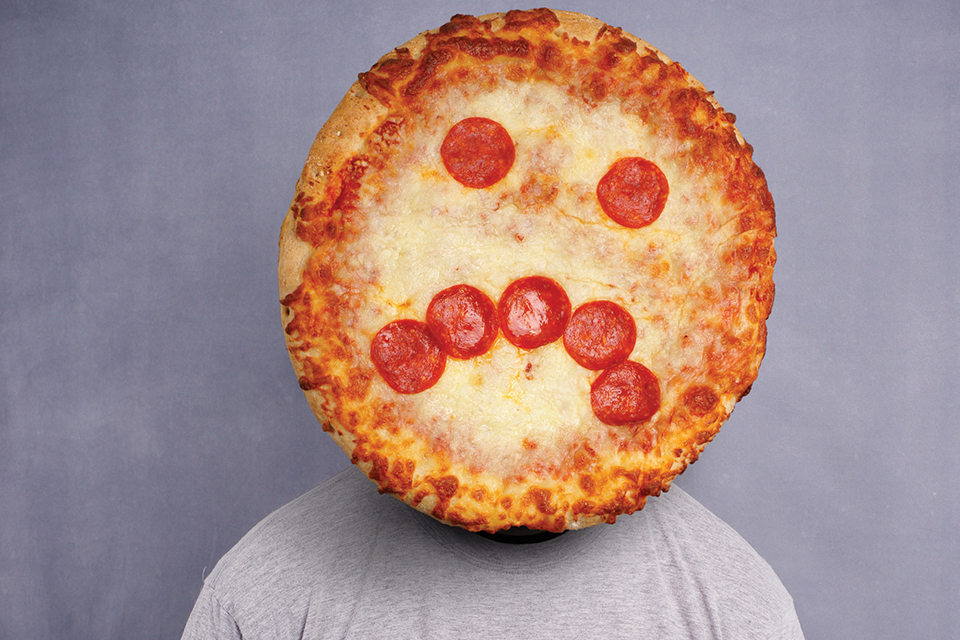Clean Food, Clear Skin? Your diet could have an effect on acne

The rumors around diet and acne are plenty: Don’t eat chocolate because it will give you pimples; pizza turns you into a pizza face—the list goes on. Is there a connection between what you eat and your breakouts? The American Association of Dermatologists (AAD) reports weak ties between certain foods and the prevalence of acne. In the ADA’s current newsletter “Beauty Breakthroughs,” the medical association discussed the relationship between food intake and acne.
Several studies have shown a connection between foods with high glycemic indexes (GI). The GI is essentially a map of how likely high carbohydrate food is to increase blood sugar levels and how quickly it typically does so. One of the studies followed 23 Austrian males ages 15–25 who consumed a low-glycemic load and showed signs of decreased acne symptoms after the onset of the diet. However, the boys involved also lost weight because of their diet; therefore, acne reductions could have stemmed from this change as well. Other studies found a connection between females suffering with polycystic ovarian syndrome and how lower glycemic load helped acne, and a Web survey that polled those who took similar measures. Dr. Bowe, an expert with the ADA, stated that high glycemic diets could set off “a cascade of responses” that could lead to changes in growth hormones and sex hormones.
The ADA also discussed the effect of dairy consumption on acne, but classified the connection only as “weak, but possible.” Much of this information is gathered from self-reported studies, which are studies conducted in the form of surveys or questionnaires that participants fill out without oversight or assistance from a researcher. A 2005 survey-type study done on 50,000 women showed a slight connection between skim milk consumption and physician-diagnosed severe acne. Another self-reported diet study revealed a similar connection for girls, ages nine to 15, and the consumption of whole milk, skim milk, low-fat milk, and other dairy products. Yet another self-reported study made a dairy–acne connection for teenage boys, particularly with skim milk. The correlation could be a result of the hormones found in milk products. However, although all studies showed similar results, the ADA clarified that there are several flaws in self-reported studies.
The exact cause of acne is not known, but stress and other antagonistic factors have widely been accepted as making the condition worse. Genetics and hormones are also triggers. So when fighting all of these causes, dermatologists do not recommend simply changing one’s diet to combat acne. Rather, the pesky skin problem should be fought with proven acne treatments, and any changes to diet should merely be supplemental.
The bottom line is, if you think your diet is making your acne worse, keep a food diary to share with your dermatologist. Keep track of anything you think could be a trigger, but be aware that any shifts in diet could take up to 12 weeks to contribute a change to acne. Working with a dermatologist can help you find the best treatment options available for your acne issues.






